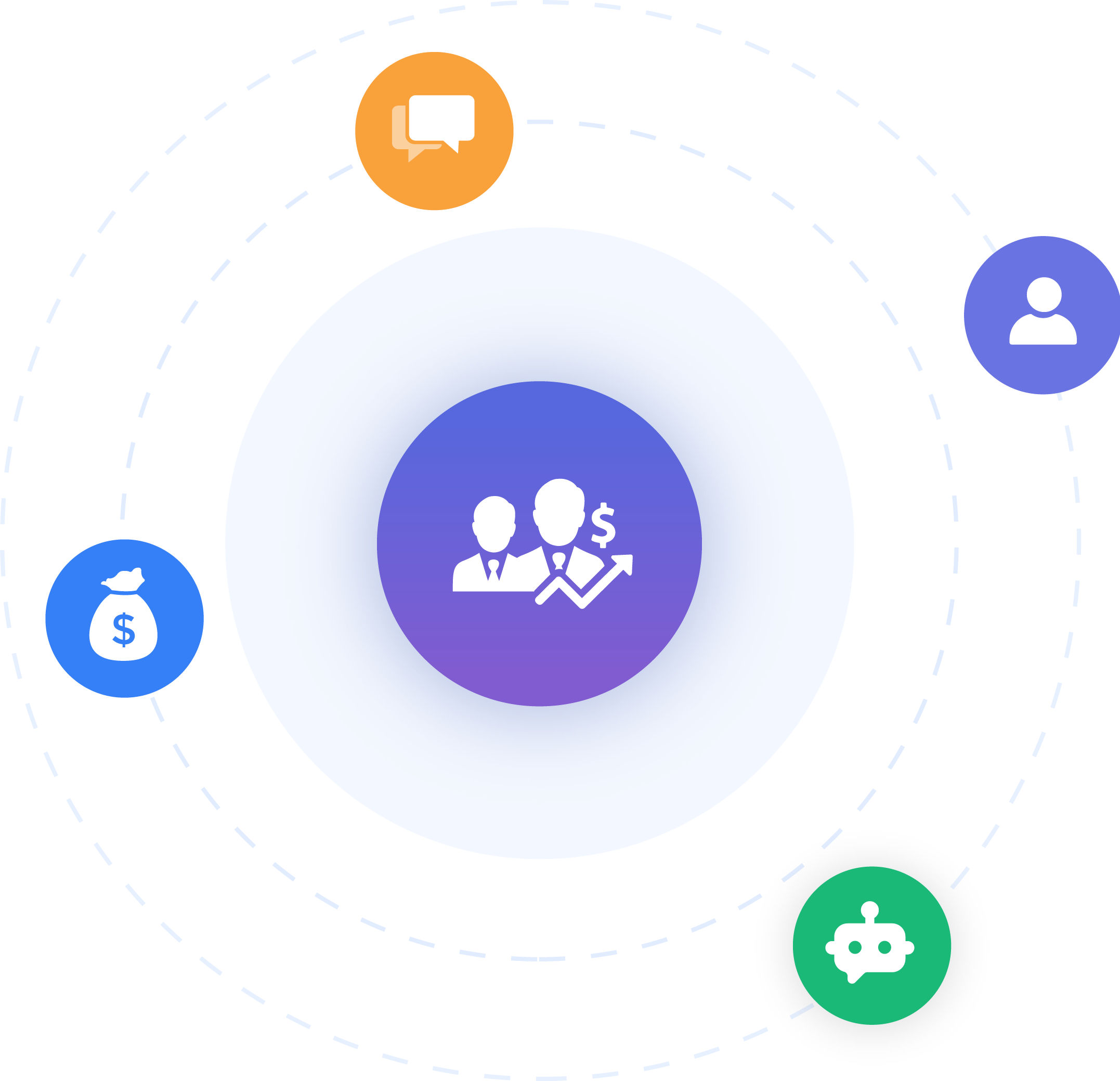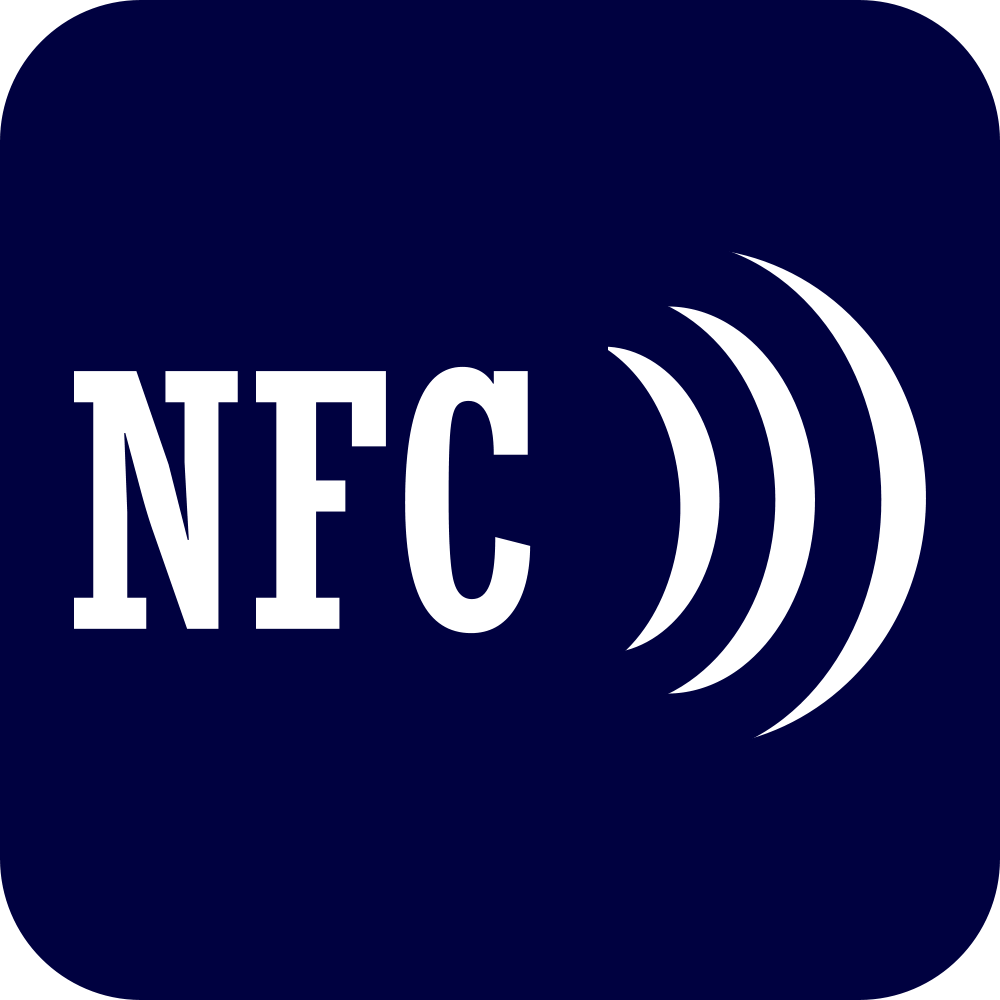
Call tracking is an essential tool for businesses aiming to optimize their marketing efforts and gain deeper insights into customer interactions. By assigning unique phone numbers to different marketing campaigns, call tracking enables businesses to monitor and analyze the performance of their advertising strategies. This article explores the mechanisms, benefits, applications, and future potential of call tracking.
Understanding Call Tracking
Call tracking involves the use of unique phone numbers to trace the origins of incoming calls. When a customer calls one of these numbers, the call tracking system records various data points, such as the source of the call, call duration, and caller demographics. Advanced call tracking systems also integrate with customer relationship management (CRM) tools, allowing businesses to capture detailed customer information and interaction history.
There are several types of call tracking:
- Basic Call Tracking: This involves assigning unique phone numbers to different marketing channels, such as online ads, print media, and billboards. It helps in identifying which channel drives the most calls.
- Dynamic Number Insertion (DNI): DNI uses a pool of phone numbers that dynamically change based on the visitor’s source. This technique is particularly useful for tracking calls from websites and digital ads, as it provides granular data on specific campaigns, keywords, or even individual web pages.
- Call Recording and Transcription: Many call tracking systems offer call recording and transcription features, enabling businesses to review conversations, assess call quality, and gain deeper insights into customer needs and preferences.
Benefits of Call Tracking
Call tracking offers numerous advantages that help businesses refine their marketing strategies and improve customer service:
- Marketing Attribution: By identifying which marketing efforts generate the most calls, businesses can allocate their budgets more effectively. This helps in maximizing return on investment (ROI) and eliminating underperforming campaigns.
- Enhanced Customer Insights: Call tracking provides valuable data on customer behavior, preferences, and pain points. This information can be used to tailor marketing messages, improve product offerings, and enhance overall customer experience.
- Improved Sales and Service: Call recording and transcription allow businesses to monitor and analyze customer interactions. This can lead to better training for sales and support teams, ensuring they deliver high-quality service and close more deals.
- Increased Accountability: With call tracking, businesses can measure the performance of their marketing teams and external agencies. This fosters accountability and encourages continuous improvement in marketing efforts.
- Personalized Customer Experience: Integrating call tracking with CRM systems enables businesses to provide personalized experiences. When a customer calls, representatives can access their interaction history, making the conversation more relevant and efficient.
Applications of Call Tracking
Call tracking is utilized across various industries to enhance marketing and operational efficiency:
- Retail: Retail businesses use call tracking to measure the effectiveness of their advertising campaigns, from online ads to in-store promotions. It helps them understand which channels drive the most traffic and sales.
- Healthcare: Medical practices and healthcare providers leverage call tracking to manage patient inquiries, appointment bookings, and follow-ups. It ensures a seamless patient experience and efficient practice management.
- Real Estate: Real estate agencies use call tracking to track leads from different listings, advertisements, and property websites. This enables them to focus on the most effective marketing channels and improve lead conversion rates.
- Legal Services: Law firms benefit from call tracking by monitoring client inquiries and assessing the performance of their marketing campaigns. It helps them optimize their advertising spend and improve client acquisition strategies.
- Automotive: Car dealerships and automotive service providers use call tracking to manage customer inquiries, schedule test drives, and track the effectiveness of their marketing efforts.
Future Potential of Call Tracking
The future of call tracking is promising, with advancements in AI and machine learning expected to further enhance its capabilities. Predictive analytics will enable businesses to anticipate customer needs and behaviors more accurately. Integration with omnichannel marketing platforms will provide a holistic view of customer interactions across various touchpoints, leading to more effective marketing strategies.
Furthermore, improvements in voice recognition and natural language processing will make call transcriptions more accurate and insightful. This will allow businesses to derive even deeper insights from customer conversations, driving better decision-making and personalized customer experiences.
Conclusion
Call tracking is a powerful tool that offers significant benefits for businesses aiming to optimize their marketing strategies and improve customer interactions. By providing detailed insights into the performance of various marketing channels, call tracking enables businesses to make informed decisions, enhance customer service, and ultimately drive growth. As technology continues to evolve, the potential of call tracking will expand, making it an indispensable asset in the modern marketing toolkit.






